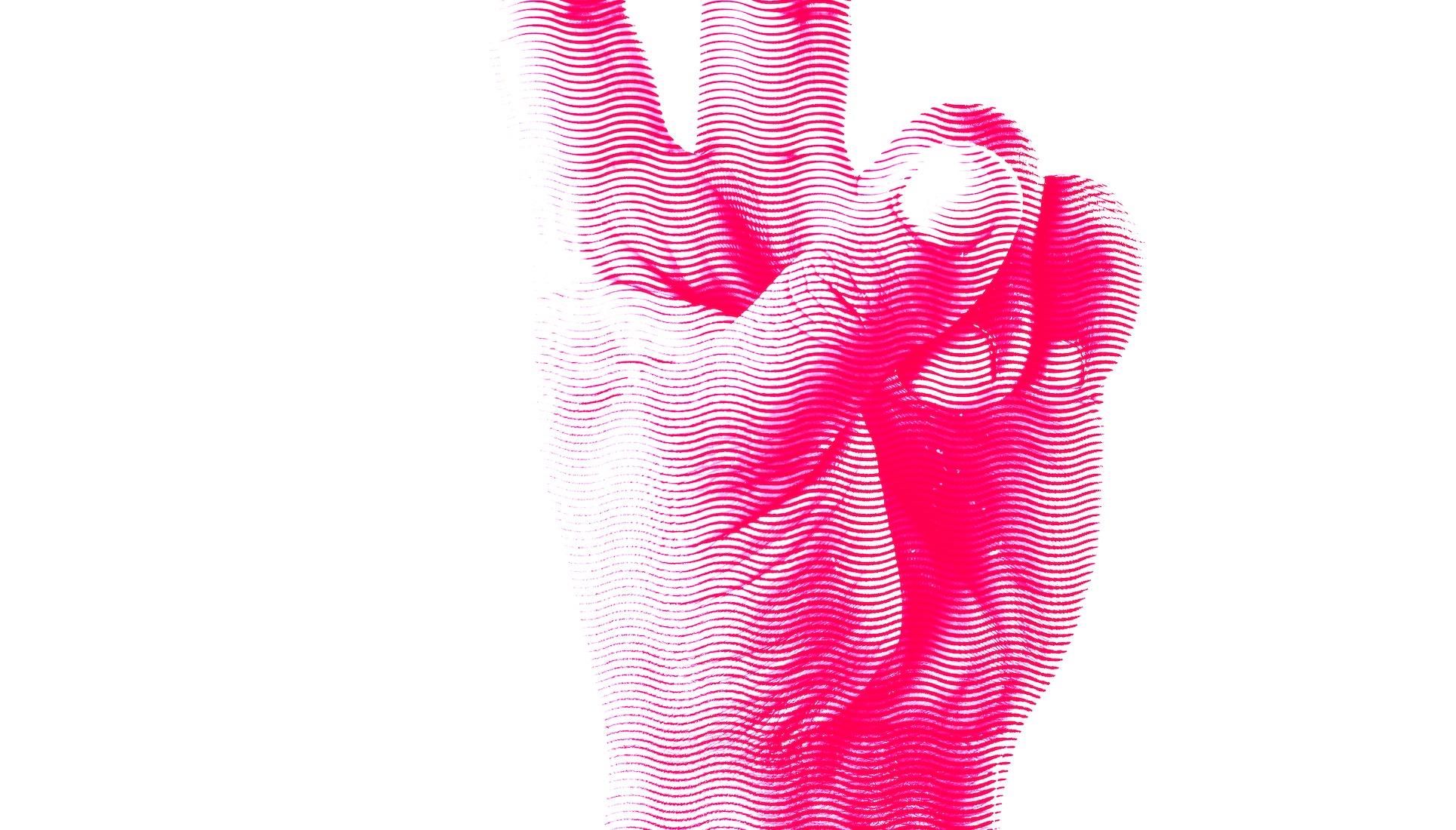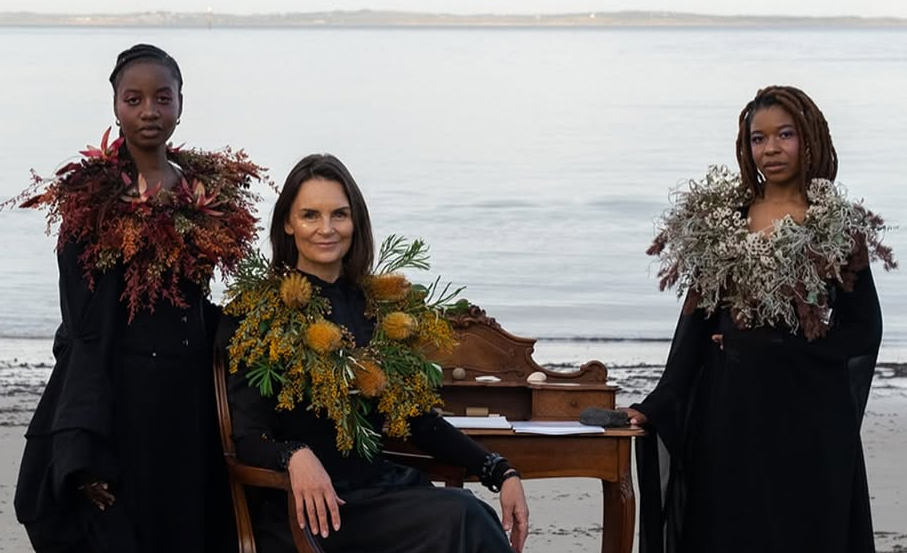Here’s everything you need to know about coming along to Nature Obituary this Weekend.
February 22 -23, 1-4pm Daily at the Royal Botanic Gardens Melbourne, Free, all ages, family-friendly, all welcome.
How do I write a nature obituary?
Each lakefront desk will hold everything you need to guide you. Obituaries are many things – offering a poem that honours country, or your piece may be a narrative about a tree ravaged by wildfire, someone else may pen a letter to Mother Nature more broadly. Everything is welcome.
Do I have to write?
Not at all. The invitation is to participate in whatever way you feel called. To write, to listen to writing read aloud, to witness the vintage writer’s desks lining two hundred metres of sand, to learn from First Peoples who have shared nature obituaries in response to a call out.
Best time to show up?
Anytime, the show begins at 1pm and runs until 4pm. Stay for as little or as long as you like.
Can I bring my kids?
Everyone is so welcome. This is a safe and inclusive space.
What if I have accessibility needs?
The venue offers accessible car parking, accessible toilets, wheelchair availability, and the Travellers Aid Companion Service for visitor support.
What happens to my written obituary once I’m done?
Three live performance readers will be sharing obituaries aloud – for human ears and nature’s ears. Later in the year select obituaries will appear as part of an exhibition. For some that may feel welcome, for some that may feel slightly terrifying – the good news is you can choose whether or not your name is shared aloud.
In some ways, writing an obituary for a part of nature feels like quite a heavy thing to do, what would you say to someone who feels a bit apprehensive?
The word obituary links to big human feelings like grief. Feelings we, in the West, tend to bury and stick a taboo label on. The offering here is to write about a part of nature we have lost, in any way one feels called- expressions of heartache, respect, rage, the comedic, the intimate, can all live here. The idea is about remembering nature as kin. The writings and readings are a means of feeling the loss of nature in a way we may feel the loss of a human, then releasing, and acting. It’s about care and hope.
Anything else?
Come down to connect with nature kin and community. “Right now, to write is a radical act.

